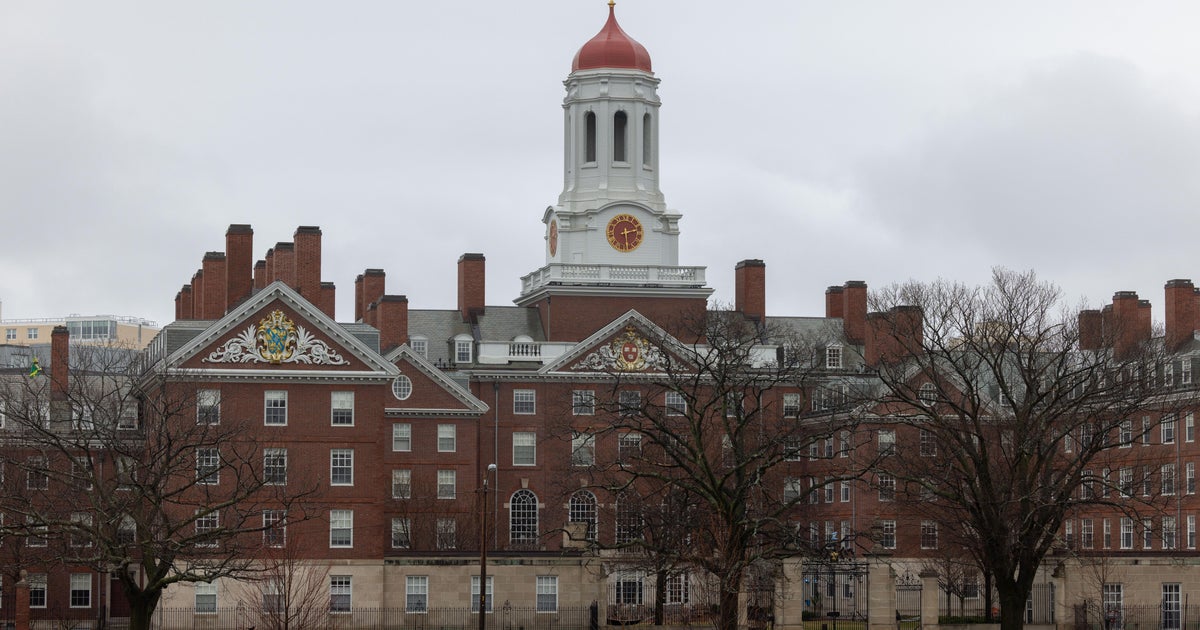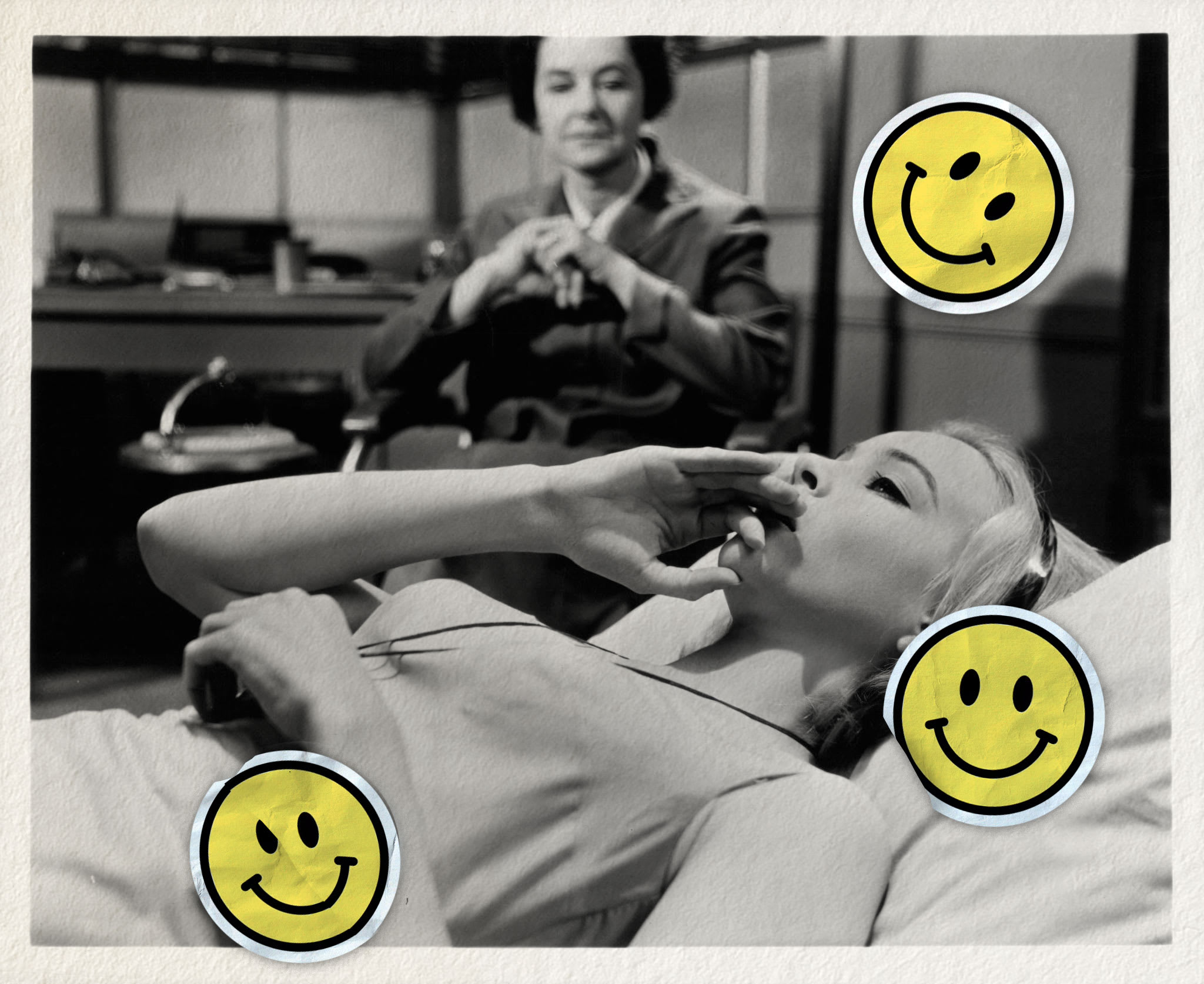Transcript: Robert Robbins on "Face the Nation," August 23, 2020
The following is a transcript of an interview with University of Arizona President Robert Robbins, that aired Sunday, August 23, 2020, on "Face the Nation."
MARGARET BRENNAN: We go now to Tucson, where classes at the University of Arizona start tomorrow with four instructional options, including in-person learning. Joining us is university president and doctor, Robert Robbins. Good morning to you.
UNIVERSITY OF ARIZONA PRESIDENT DR. ROBERT ROBBINS: Good morning, MARGARET.
MARGARET BRENNAN: How many students are coming back for in-person, in-class instruction, and will all of them be tested?
DR. ROBBINS: So all of the students that are living in our dormitories are being tested, that's mandatory. We've tested over 5,000 students with 26 positives, so it's about 0.3%. The other students that are living off-campus are being strongly encouraged to be tested. And in total, there'll be about 5,000 students that will be taking essential courses face to face, in person. Those would be things like organic chemistry lab, physics lab, gross anatomy lab, those kind of things. And we think we're going to have about 30,000, 28 to 30,000 students coming back to the Tucson area. Normally we would have 45,000.
MARGARET BRENNAN: And your office told us that the only mandate for testing is for those living on campus. You just mentioned dorms there.
DR. ROBBINS: Right. Yes.
MARGARET BRENNAN: It looks like 5,000 of your students live in dorms. That- that means the majority don't live on campus. So- so isn't this exposing everyone if you can't mandate testing for those who don't live in a dorm?
DR. ROBBINS: Well, I think- I think that what we're going to do is we will try to test everyone that comes on campus. What I would like, and of course what we would all like is a 10 second 10 cent test that we could test everyone every day. We- we think that we can test everybody who comes back to campus in person, but we can't test them every day using an antigen test, which is what we're using to look at our students that are coming into- to the dorms. We- we think that we've got a random testing protocol that we've got in place, but I would like to see us test at least once a week everybody who comes on campus face to face.
MARGARET BRENNAN: So Notre Dame mandated testing for students on campus. And I'm sure you know that they have had an outbreak--
DR. ROBBINS: Yeah.
MARGARET BRENNAN: --that has caused them to put things on hold for at least a few weeks. If they tried and failed, why do you think your university will be different?
DR. ROBBINS: Well, I think that we've got extensive testing policies. I think they did the same thing that we did, which is test students when they came into the dorms, but I'm not sure if they were tested- because they'd only been in class, just like at UNC Chapel Hill, they'd only been in class for a week or so. I think the big issue is off-campus activity. I think we all know that we can control things in the classroom and on campus and in the student union and not having large gatherings of people on campus in official venues. The problem is, what I've seen is that others, such as Kansas, even Arizona State, other universities, Purdue, have gone aggressively off campus to try to break up large gatherings and parties. And that's where most of the transmission has occurred.
MARGARET BRENNAN: Would you expel a student if they violated one of your requests? I mean, how do you force people to behave in their own best interest,--
DR. ROBBINS: Yeah.
MARGARET BRENNAN: --when they're teenagers and in their early 20s?
DR. ROBBINS: Sure, no, I understand, and I think we're so to answer your question first, we've- we've got a face-covering policy. We're anticipating there'll be some people who refuse to cover their face because of their expression of their individuality and freedom. But that is going to be- that'll go through the dean of students and code of conduct. And, yes, they can be expelled. What- what I think we're moving into is we've done a very good job of testing, contact tracing. We've got COVID-19 Watch, which is a Google Apple app that uses Bluetooth. And we're the first university to use that. So we feel good about our education. And we've been on with a weekly briefing every week and over social media. I think we're- we're going to continue that preventative therapy and education. But we've got to switch quickly into the treatment mode. We know they're going to be spikes in cases, so we've got to be able to handle them.
MARGARET BRENNAN: Very quickly, when do you hit the brakes? What's your threshold?
DR. ROBBINS: When we can't mitigate and handle, if we get overwhelmed with cases where we can't- don't have enough room for isolation, our hospitals are starting to get capacity- overcapacity where we can't surge into ICUs, and if someone were to get really sick. So we're going to be watching the numbers every day. And if we run out of isolation beds and we can't handle it and people are getting really ill, then- then we'll pull the plug.
MARGARET BRENNAN: Dr. Robbins, thank you for your time. We'll be right back.



